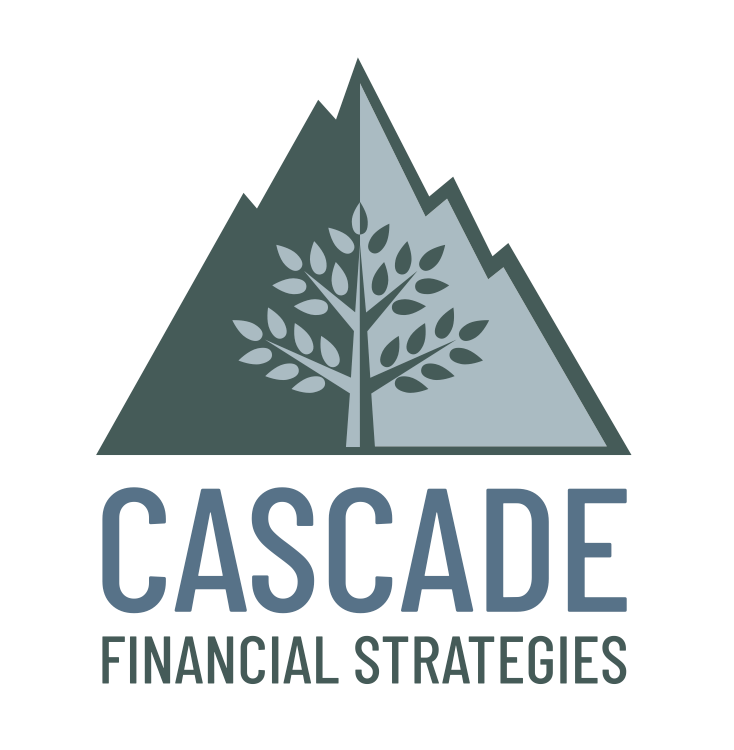This commentary is a continuation of our last post, Wells Fargo “Ethics” and new DOL rules, which focused on the ethics breaches at Wells Fargo. The damage done by these breaches are unsurprisingly deep and wide spread because of the relationship of trust necessary between banks and their clients. An even more comprehensive trust relationship exists between financial advisors and their clients because of the depth and intimacy required when managing a financial plan over the course of a lifetime. The Department of Labor (DOL) in its new rules which hold financial advisors to the fiduciary standard is taking direct aim at the heart of the trust issue, how compensation is received. A fiduciary is required to place client interests ahead of their own interests, causing a sticking point for many advisors at big firms who still receive income from transactions that they place.
Transactional business involves selling a product for a commission. Advisors have the ability to discount some of these transactions and/or find products that might give themselves a better payout than other solutions. The DOL has rightfully targeted this transactional business as an obvious potential conflict of interest. In contrast to the transactional model, fee-only advisors are compensated exclusively through an annual fee that encompasses all of their services and usually represents a percentage of the assets that are managed. They do not receive additional pay based on transactions of varying payouts. This mandate for all financial advisors (not just the CERTIFIED FINANCIAL PLANNER™ (CFP®) who have always taken this role – http://www.cfp.net), may finally cause transaction based compensation models to fade away.
Clients who wish to enter into a relationship of trust with their financial advisors should start by asking if their advisor is compensated on transactions made in their accounts. If so, then a potential trust issue exists. I believe that clients have the right to go even deeper in their trust related questioning by looking into the ethics and values reflected in their advisor’s personal life as well. Some of this personal history is listed on the FINRA website at brokercheck.finra.org including past legal issues, bankruptcies, client complaints and any fines or reprimands that have been issued. What they’ve done in the past might give you a fairly good idea of how they might do business in the future. I think it’s also fair to inquire into your advisor’s home life … have they been divorced, do they have any DUI’s, how’s their relationship with their kids? We instinctively know that a person’s ethics and values cannot be compartmentalized. A person is usually not trustworthy, caring and honest with clients while not being faithful to personal commitments to their own family. This may seem harsh, but we’re talking about the individual you’re entrusting with the management of your life’s savings and financial future!
To financial advisors who are new to the position of being a fiduciary, I suggest that you fully embrace the role as an opportunity to explain your intentions of putting client interests ahead of your own. Even if you have always attempted to do this in the past, the DOL rule gives you a chance to explain the fiduciary responsibility and to invite your clients to hold you to the standard. Trust is one of the most difficult but necessary elements of the client-advisor relationship. As an advisor takes the necessary steps to act as a fiduciary, client trust will grow. In the past, when the DOL or other agencies have mandated new rules, many of the large firms have implemented training to help advisors keep from breaking the rules. It would be substantially more beneficial if advisors would go beyond the attempt to just stay out of trouble by fully embracing this new role that will ultimately help them gain trust and help an ethically-battered financial services industry truly serve clients who deserve to have their interests placed first.
GET STARTED WITH A COMPLIMENTARY PORTFOLIO IMPACT ASSESSMENT
CONTACT US
Phone: 541-678-5475
Fax: (541) 678-5476
E-mail: [email protected]
LINKS:
HOURS
- Mon - Fri
- -
- Sat - Sun
- Closed
ADDRESS
243 SW Scalehouse Loop, Suite 1A,
Bend, OR 97702
PHONE
A Registered Investment Advisor
Investment Advice is offered through Cascade Financial Strategies, a registered investment advisor licensed in Bend, Oregon, California and Idaho (We also operate in other states under the "de minimis" exemption, meaning having five or fewer clients within that state).
An investment advisor or IA rep may only transact business in a particular state after licensure or satisfying qualifications requirements of that state, or only if they are excluded or exempted from the state’s investment advisor or IA rep requirements; and follow up, individualized responses to consumers in a particular state by investment advisor or IA rep that involve either the effecting or attempting to effect transactions in securities or the rendering of personalized investment advice for compensation, shall not be made without first complying with the state’s investment advisor or IA rep requirements, or pursuant to an applicable state exemption or exclusion. For information concerning the licensure status or disciplinary history of an investment advisor or IA rep, please do not hesitate to contact your state securities law administrator. Cascade Financial Strategies
Sign Up for Our Monthly Article
We will get back to you as soon as possible.
Please try again later.



